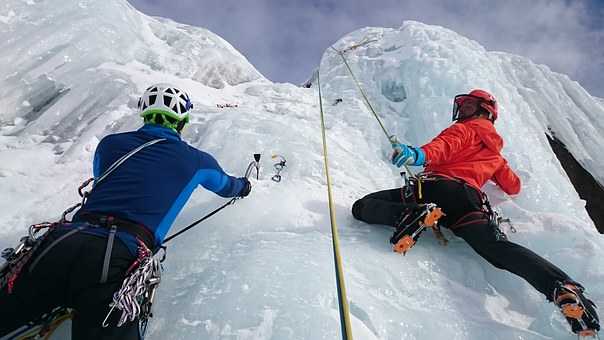High risk work/study is not usually something that can be determined by looking at only the proposed activities. It is extremely important to look at the whole picture when considering the work you plan to undertake. For example, can you as an individual cope with the demands of the work being proposed, both physical and psychological? Is the research that you are planning low risk in the UK but has the potential to cause danger to you at your intended location due to a politically charged environment? The below gives guidance on what type of work may be considered ‘high risk’ however you must consider all other factors when assessing the nature of your proposed work/study.
Some examples of high risk work away include:
- Lone work in an area of elevated risk
- Work away where a large portion of the work involves carrying out an activity where permits/licenses are required (mountaineering, diving) and you will not be accompanied by a professional guide. Whether or not these activities are high risk will depend on your level of experience, what qualifications you hold and how often these qualifications have been put into practice
- Researching a highly sensitive/controversial topic that could put you in danger if made public
If you are not sure whether or not your intended activity may fall into the ‘high risk’ category then you should act on the side of caution and carry out the following steps accordingly.
- Discuss plans with supervisor or other most appropriate in department/faculty e.g. year abroad coordinator. You should also discuss plans with your college tutor so that you can address any wellbeing concerns, both at the planning stage and during your work away
- Complete a detailed risk assessment identifying particularly hazardous activities
- Ensure that plans and risk assessment are submitted to department at least 3 months prior to departure. While the aim is to process applications quickly we require that you allow this time in case you must undertake training or obtaining a report from an external travel risk company is needed
Your Department will have the highest level of experience on the subject matter and should, therefore, be best placed to advise you on what safety measures to include in your risk assessment to control work/study related threats.
For applications to work away where the traveller plans to undertake high risk activities the risk assessment may be sent to the Study Away Risk Assessment Committee for guidance/approval.
If you leave the University without meeting requirements set by the Study Away Risk Assessment Committee or your Department then you will be on unauthorised work away and may also be subject to disciplinary action.
If you wish to appeal a decision that has been made on your application to work away then you should do so through the University Office of Student Complaints and Appeals.
